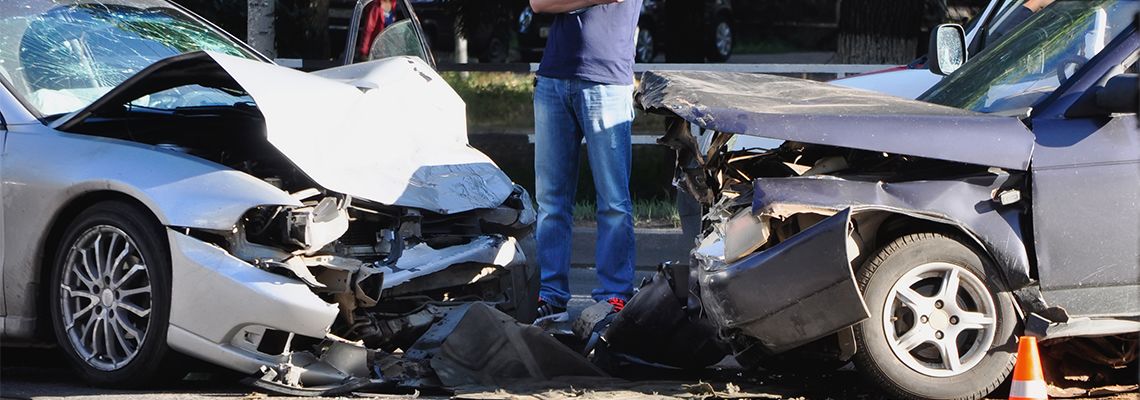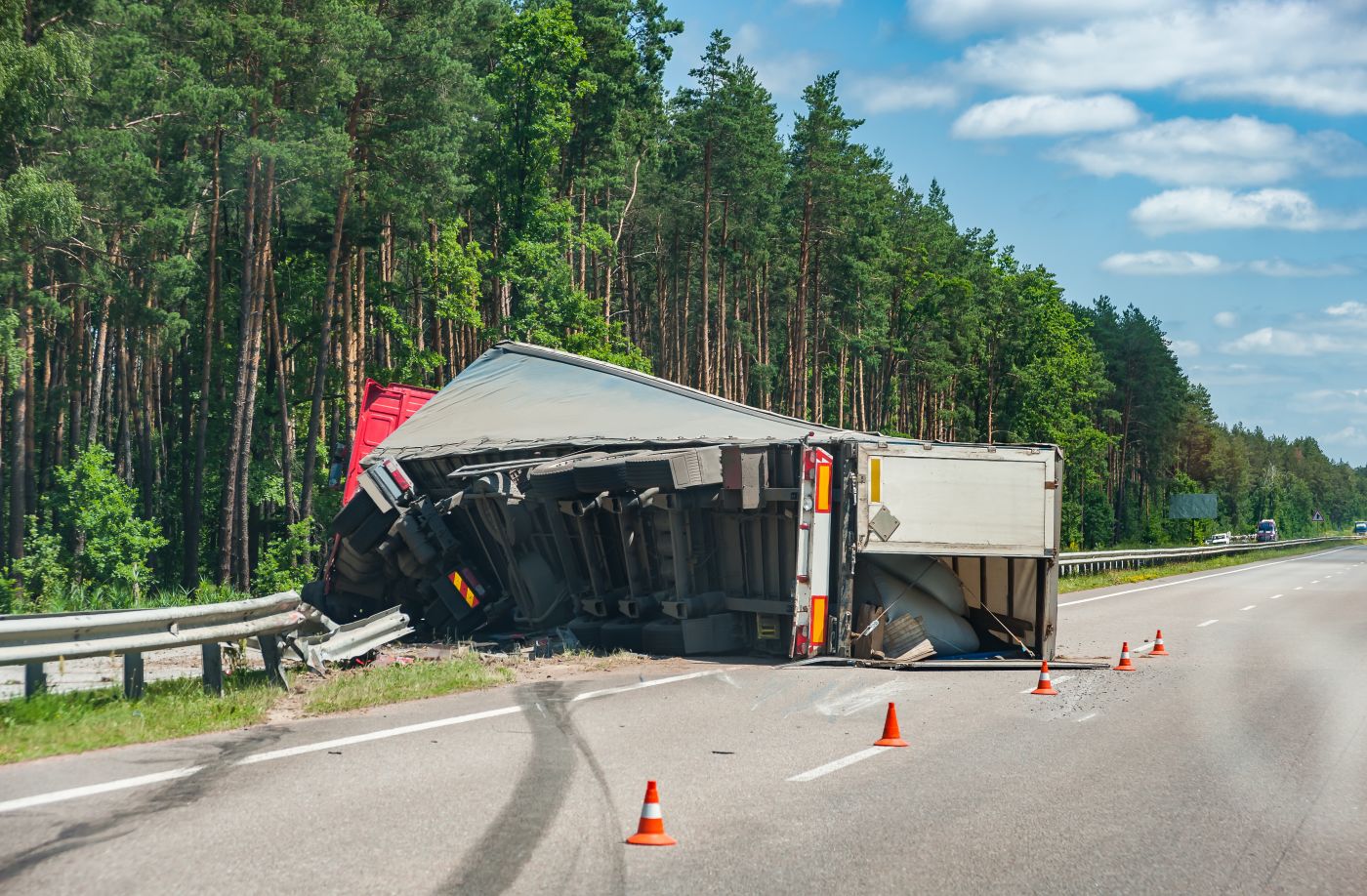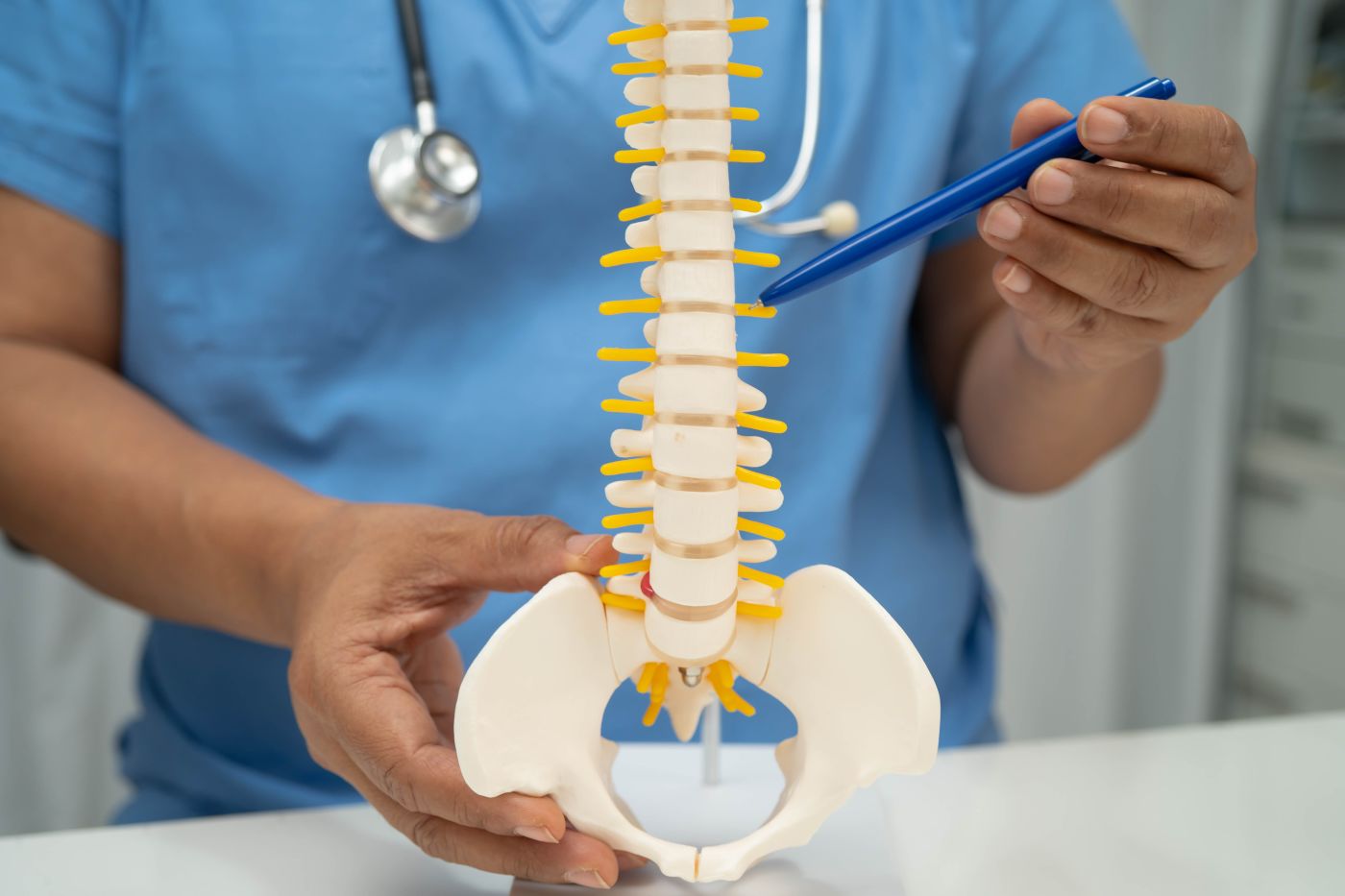
Car accidents can turn your life upside down in an instant, leaving victims to face physical injuries, financial burdens, and emotional distress. Whether you’re a driver, passenger, or pedestrian, knowing your rights and responsibilities can significantly impact the outcome of a personal injury claim.
At The Tourigny Law Firm, LLC in Kansas City, Missouri, we’re dedicated to helping accident victims manage the intricacies of car accident liability. From determining fault to negotiating with insurance companies, our firm is here to guide you every step of the way.
Missouri’s Fault-Based Car Accident System
Missouri operates under a fault-based system for car accident liability. This means the driver responsible for causing the accident is also liable for the resulting damages. Determining fault is a crucial step in any personal injury claim, as it affects your ability to recover compensation.
To establish fault, you must prove that the other driver acted negligently or recklessly. Common examples of negligent behavior include speeding, running red lights, or failing to yield. By providing evidence of the other driver’s actions, you can strengthen your case and increase your chances of recovering damages.
Comparative Negligence in Missouri
Missouri follows a “pure comparative negligence” rule, which means your compensation may be reduced by your percentage of fault in the accident. For instance, if you’re found to be 20% at fault for the collision, your total compensation will be reduced by 20%.
This system makes sure that even if you share some responsibility for your motor vehicle accident, you can still recover damages. However, insurance companies often use this rule to downplay claims.
Proving Liability in Car Accident Cases
Proving liability in a car accident case involves gathering strong evidence to demonstrate the other party’s fault. Evidence can include police reports, witness statements, photographs, and professional testimony.
Additionally, Missouri law emphasizes the importance of adhering to traffic laws. Any violation, such as texting while driving or driving under the influence, can be used to prove negligence. Building a solid case with the right evidence is essential to securing a favorable outcome.
Some key factors to keep in mind include:
Police reports: These official records often contain details about the accident, such as who was cited or noted as being at fault. A police report can serve as a neutral third-party account that adds credibility to your claim.
Eyewitness accounts: Statements from neutral parties can strengthen your claim and corroborate your version of events. Eyewitnesses who aren't involved in the accident can provide an unbiased perspective that may help establish fault.
Photographic evidence: Pictures of the accident scene, vehicle damage, and road conditions can provide invaluable support for your case. Clear, time-stamped photos can also show the position of the vehicles and any relevant environmental factors, like weather or traffic signals.
Insurance Requirements and Challenges
Missouri drivers are required to carry minimum liability insurance coverage to compensate accident victims. The state’s minimum requirements include $25,000 per person for bodily injury and $50,000 per accident, as well as $10,000 for property damage.
While these minimums are intended to protect victims, insurance companies often aim to minimize payouts. It’s common for insurers to dispute liability or offer low settlement amounts. Learning about uninsured and underinsured motorist coverage can help address gaps in liability protections.
Uninsured and Underinsured Motorist Coverage
Unfortunately, not all drivers in Missouri comply with the state’s insurance requirements. This is where uninsured and underinsured motorist coverage can make a significant difference. These policies protect you if the at-fault driver lacks sufficient insurance to cover your damages.
If you’re involved in an accident with an uninsured or underinsured driver, it’s crucial to review your policy and seek legal guidance. Understanding how these protections work can also help when managing the statute of limitations for filing your claim.
Statute of Limitations for Car Accident Claims
In Missouri, you have a limited amount of time to file a personal injury claim following a car accident. The statute of limitations is five years for property damage and injury claims. Failing to file within this time frame can result in losing your right to compensation.
It’s important to act quickly after an accident to preserve evidence and meet legal deadlines. Consulting with an attorney early in the process can help make sure that your case is filed on time and that no critical details are overlooked. Knowing the damages you may recover can also help you proceed effectively.
Types of Damages Recoverable in Car Accident Cases
Victims of car accidents in Missouri may be entitled to various types of compensation, also known as damages. These include economic damages, such as medical expenses, property damage, and lost wages, as well as non-economic damages for pain and suffering.
In some cases, punitive damages may also be awarded to punish particularly egregious behavior by the at-fault party. Exploring common causes of car accidents can further illuminate how liability and damages intersect in these cases.
Common Causes of Car Accidents in Missouri
Car accidents can result from a variety of factors, many of which involve negligence. Common causes include distracted driving, speeding, and impaired driving. Environmental factors, such as poor weather or road conditions, can also contribute to collisions.
By identifying the cause of your accident, you can strengthen your claim and hold the responsible party accountable. Understanding these causes can also highlight the importance of practicing safe driving habits.
Dealing With Insurance Adjusters
After a car accident, you may be contacted by insurance adjusters seeking to resolve your claim quickly. While this might seem convenient, it’s essential to approach these conversations with caution.
Insurance adjusters often aim to minimize payouts and may use tactics to devalue your claim. Consulting with a personal injury attorney before speaking to adjusters can help you avoid common pitfalls and protect your rights. Knowing what steps to take immediately following an accident can also greatly influence your case’s outcome.
Steps to Take After a Car Accident
Knowing what to do immediately after a car accident can significantly impact your claim. Some key steps include securing safety, contacting law enforcement, and gathering evidence.
Secure safety: Move to a safe location and check for injuries. Call emergency services if needed. Stay in the area until law enforcement arrives, and avoid leaving the scene unless it's necessary for your safety.
Contact law enforcement: File an official police report to document the accident. Provide accurate and honest details of the accident when speaking with the officers to make sure a proper record is made.
Gather evidence: Take photos, collect witness contact information, and note important details about the accident scene. Also, write down the other driver's information, including their name, insurance details, and license plate number.
By following these steps, you can lay a strong foundation for your personal injury claim.
Car accident liability cases can be complicated, especially when multiple parties are involved. An experienced personal injury attorney can guide you through the legal process, from gathering evidence to negotiating with insurance companies.
Contact an Attorney
At The Tourigny Law Firm, LLC, we have extensive experience in helping accident victims seek justice. Our firm, led by Attorney Greg Tourigny, serves clients in Kansas City, Missouri, and throughout Missouri and Kansas. If you’ve been injured in a car accident, contact The Tourigny Law Firm, LLC today for a consultation.



